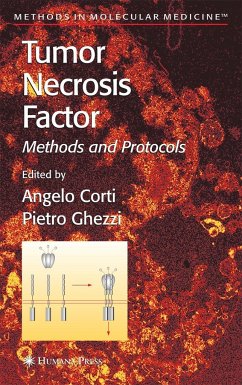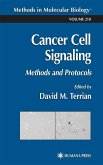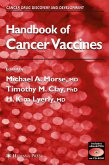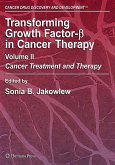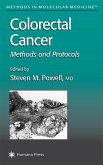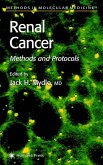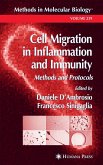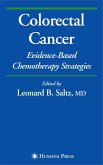Because tumor necrosis factor-a (TNF-a) plays a pivotal role in the regulation of homeostasis and inflammatory immune responses, it offers valuable research opportunities to develop new drugs for the treatment of a wide range of disorders, including cancer, septic shock, rheumatoid arthritis, and other inflammatory diseases. In Tumor Necrosis Factor: Methods and Protocols, well-versed experimentalists survey the basic and translational research being conducted in this field and describe in detail the methods they have developed for TNF production, characterization, mutagenesis, and detection in biological specimens. They also provide several in vitro assays and animal models for studying the role of TNF in various TNF-related diseases and in cancer. The protocols presented follow the successful Methods in Molecular Medicine(TM) series format, each one offering step-by-step laboratory instructions, an introduction outlining the principle behind the technique, lists of equipment and reagents, and tips on troubleshooting and avoiding known pitfalls.
Comprehensive and highly practical, Tumor Necrosis Factor: Methods and Protocols offers molecular and cellular biologists, pharmacologists, and toxicologists a diverse set of productive, cutting-edge tools for illuminating the pathophysiological roles of TNF in disease and for identifying new drugs.
Comprehensive and highly practical, Tumor Necrosis Factor: Methods and Protocols offers molecular and cellular biologists, pharmacologists, and toxicologists a diverse set of productive, cutting-edge tools for illuminating the pathophysiological roles of TNF in disease and for identifying new drugs.

